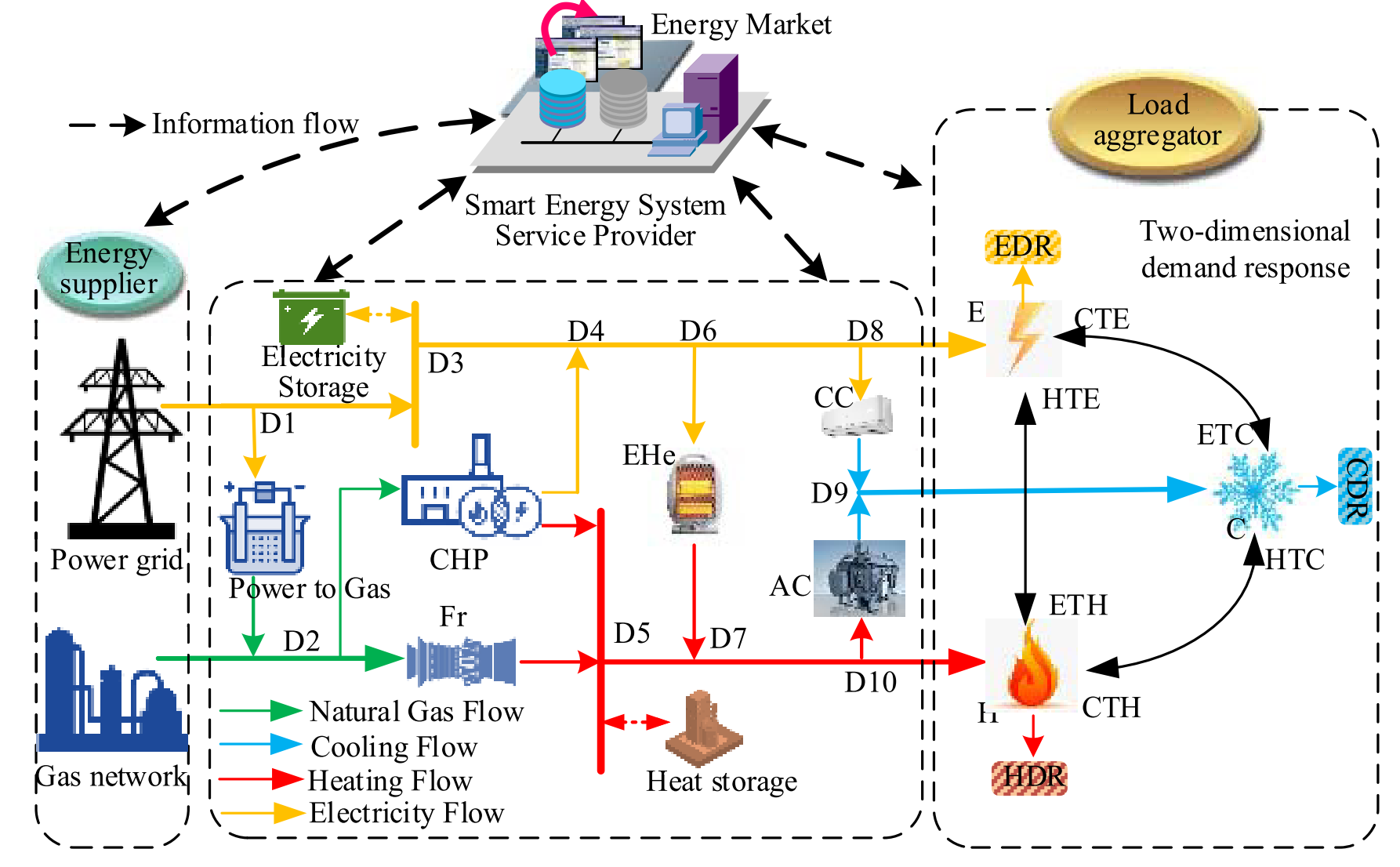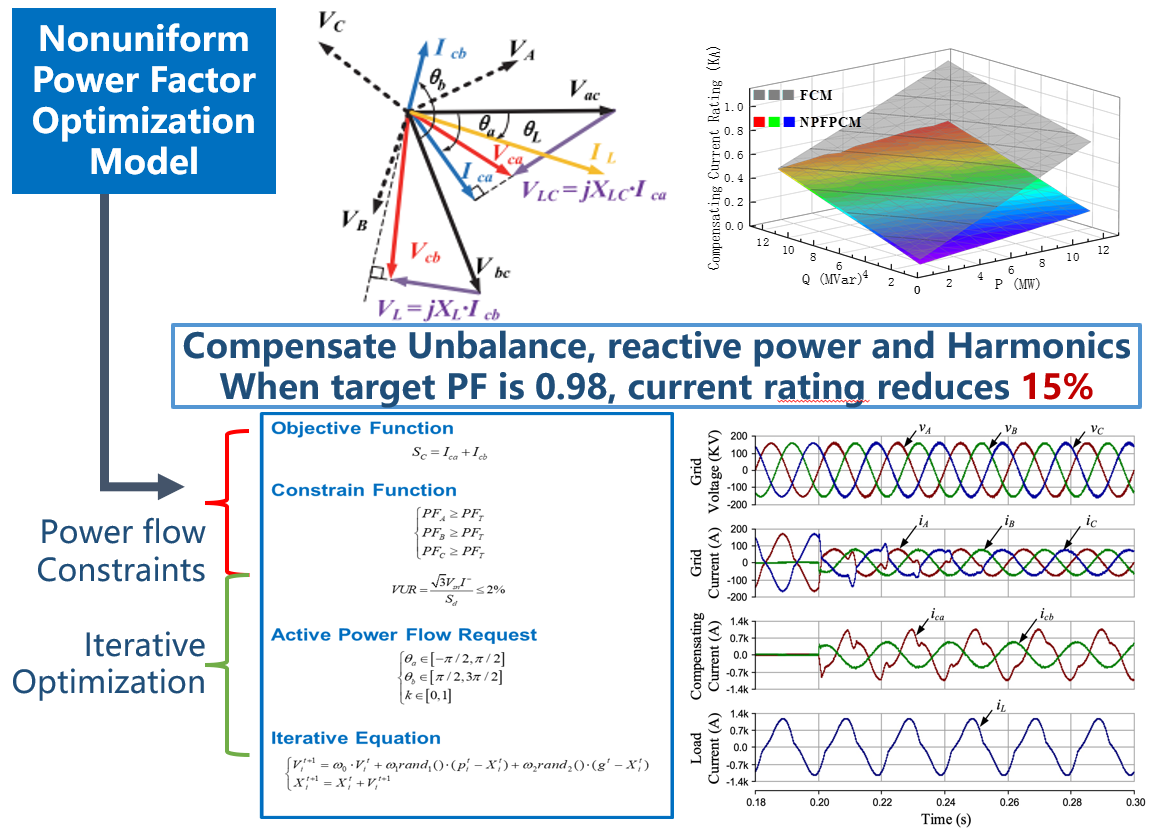Integrated Urban Energy System Operation and Power Quality Management Theory and Methodology
Song Yong Hua, Wong Man Chung, Zhang Hong Cai, Dai Ning Yi, Lao Keng Weng
University of Macau
Supplying clean, efficient, and reliable urban energy is a global problem. The Guangdong-Hong Kong-Macao Greater Bay Area has a high population density and a highly developed economy. The energy consumption intensity per unit area and per capita is relatively high, so the energy supply faces enormous challenges. In recent years, the world has vigorously promoted the realization of "carbon neutrality" of the energy system, which has brought significant technological changes to the field of urban energy supply. First, the majority of energy sources are changing from fossil energy sources such as petroleum and coal to new energy sources such as wind energy and solar energy to achieve clean energy replacement. Second, the energy transmission networks are changing from independent and isolated energy networks to electricity-gas-cooling-heating-transportation multi-energy coupled networks to promote the complementary advantages of multi-energy. Finally, the traditional AC power distribution and consumption technologies are transiting to the hybrid AC and DC flexible power distribution and consumption technologies to improve the energy supply quality. Classical theories oriented to single energy systems are difficult to adapt to the above-mentioned significant changes, and new theories and methods are urgently needed. In this context, this project systematically studies critical problems such as uncertainty analysis and modeling, coordinated operation optimization, and energy supply quality management of integrated energy systems in smart cities to ensure clean, efficient, and reliable urban energy supply and to promote "carbon neutrality." The innovative results of this project have a fundamental role and significance in developing related theories of urban integrated energy systems.

Fig 1 Integrated energy system in smart city

Fig 2 Power scheduling of integrated energy system in smart city

Fig 3 Operational rating optimization model for power quality conditioner


